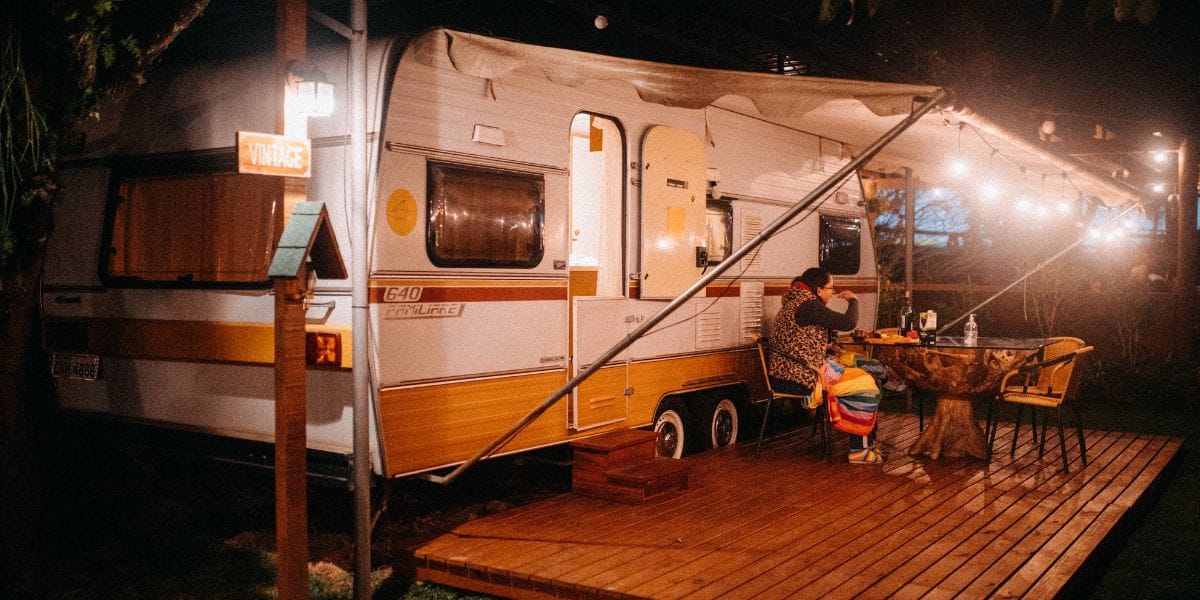When the rain rolls in, you know it's the perfect time to stay at home, snuggled up on the couch, and chip away at your sleep debt.
These sorts of rainy days are pretty much always welcome.
The proverbial rainy day, though? The rainy day in a financial sense? Not so much. Especially if you’re not prepared.
You’ve probably heard it’s good to have an emergency fund, savings cushion, or buffer for these pesky rainy days.
Of course, the trouble is they're not terribly exciting to save for.
So, it's no wonder some of us find ourselves without said savings buffer when these rainy days inevitably roll around.
So, why should you consider having a savings buffer?
A savings buffer is for small, unexpected expenses.
We’re talking about expenses between, say, $200 and $1,000, such as a parking ticket or the dry-cleaning bill you need after a clumsy day in the office.
It works as a nice, tidy topper in your everyday transaction account and can help you out when you're in a pinch.
It hopefully means you're sorted for those unexpected incidental expenses and you won’t need to rely on your friends, family, credit card, or emergency fund.
But isn't that an emergency fund?
Not quite. They're similar; both are savings set aside for unplanned expenses.
An emergency fund, by comparison, is to support bigger ticket expenses or big life stage moments. For instance, if you found yourself in the unfortunate position of losing your job. Or your car breaks down. Or you need a new water heater.
And if you already have an emergency fund, you're in good shape.
Why might you need both?
The benefit in having both types of savings accounts means you're prepared for big and small emergencies, and you can quarantine your cash for these expenses.
The savings buffer means you can help prevent yourself from dipping into other savings, such as your emergency account, to fund those smaller expenses.
After all, those smaller items probably aren't real emergencies, just unfortunate events.
Should you have a savings buffer?
When it comes to your purse strings, we think it pays to be prepared.
But the choice to stump up the cash for a buffer is up to you.
While we think emergency funds are a must, a savings buffer can help you stay on financial track, keeping your emergency fund intact.
Staying ahead of the weather forecast
So, savings buffer or emergency fund: which one should you have?
The choice is yours. Naturally, it depends on your comfort level and what helps you to sleep better at night.
What's important to consider is that you will inevitably need a little help for life's tricky spots and to tide you over when things get patchy.
And we feel the best way to weather the storm is to plan for the rainy days. Luckily, there are a heap of resources and tips to help you prepare and avoid getting caught out in the rain.



